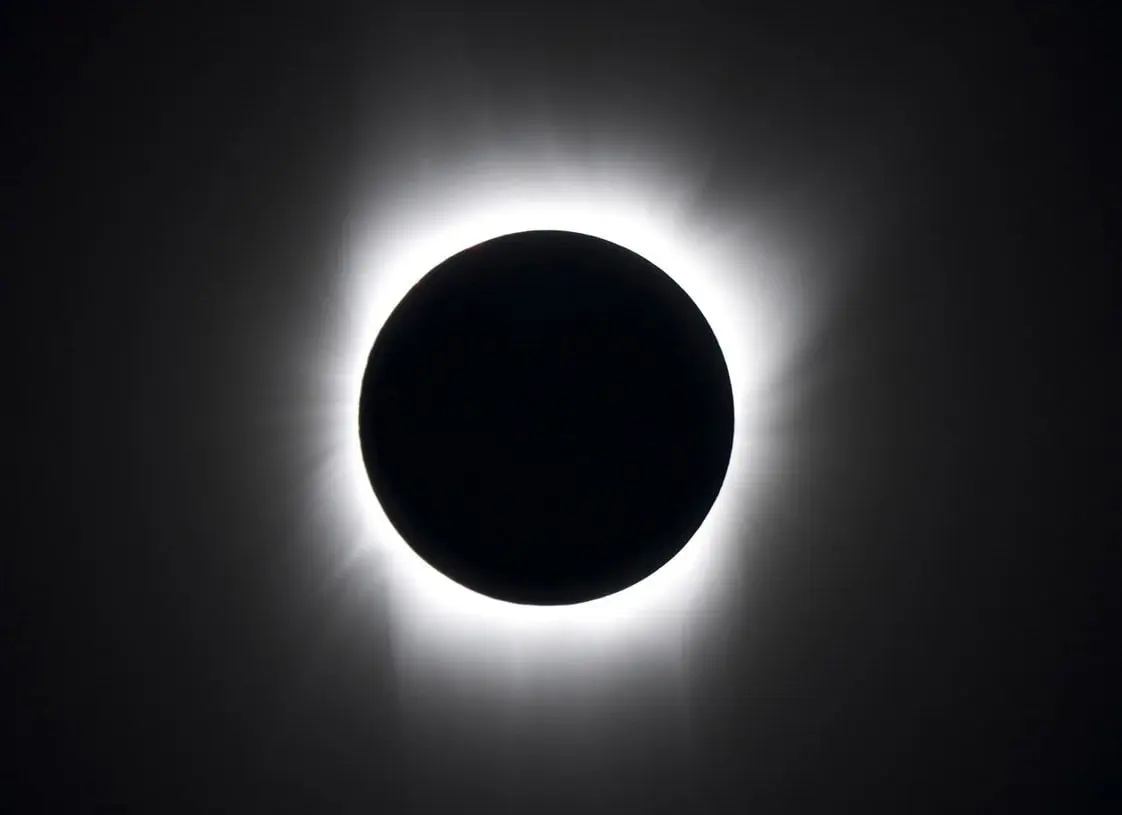Solar Eclipse 2017: Maryland Viewing Areas
08/17/2017| Amanda Winters
Article Topics:
Solar Eclipse 2017: Maryland Viewing Areas
08/17/2017 | Amanda Winters
The most anticipated event of the month is quickly approaching.
On August 21st, a total solar eclipse will cross over the United States, giving Maryland a great vantage point of the celestial event.
The line of totality – where the moon completely blocks the face of the sun – is positioned through South Carolina, placing Maryland and Washington, D.C. in the 80 percent range for maximum eclipse viewing.
The eclipse will first begin in Western Maryland around 1:12 pm, and end along the coastline around 4:05 pm, according to the Maryland Department of Natural Resources. The peak of the event is expected shortly after 2:30 pm for the majority of Maryland.
There are a number of places to view the astronomical occurrence around the state, including a few events hosted by the Maryland Park Service. Here are a few of our favorites.
Head out to Western Maryland and join Deep Creek Lake State Park as it monitors the eclipse at its Discovery Center. Protective glasses will be on hand for visitors.
Get a once-in-a-lifetime viewing spot from 'Zip the Eclipse' as you zip line through the forest in Montgomery County. Equally entertaining, set sail in Annapolis and enjoy a specialty eclipse cocktail and cupcake while wearing your solar viewing glasses. Learn more on VisitMaryland.org.
The Maryland Science Center will be in its element as its hosts a watch party in Baltimore from 12 - 4 pm. Regular admission tickets are required to enter the facility.
Grab a blanket and claim your seat on the beach. Assateague State Park will also have viewing glasses available for visitors while supplies last.
Please remember to protect your eyes from the eclipse. Do not look directly at the event without using a filter, such as a hand-held solar viewer or eclipse glasses, or you may cause severe eye damage. Only use items that are recommended by NASA and compliant with the international safety standard. Learn more at eclipse2017.nasa.gov/safety.
Keep up with the latest.
Sign up for e-mail notifications.
